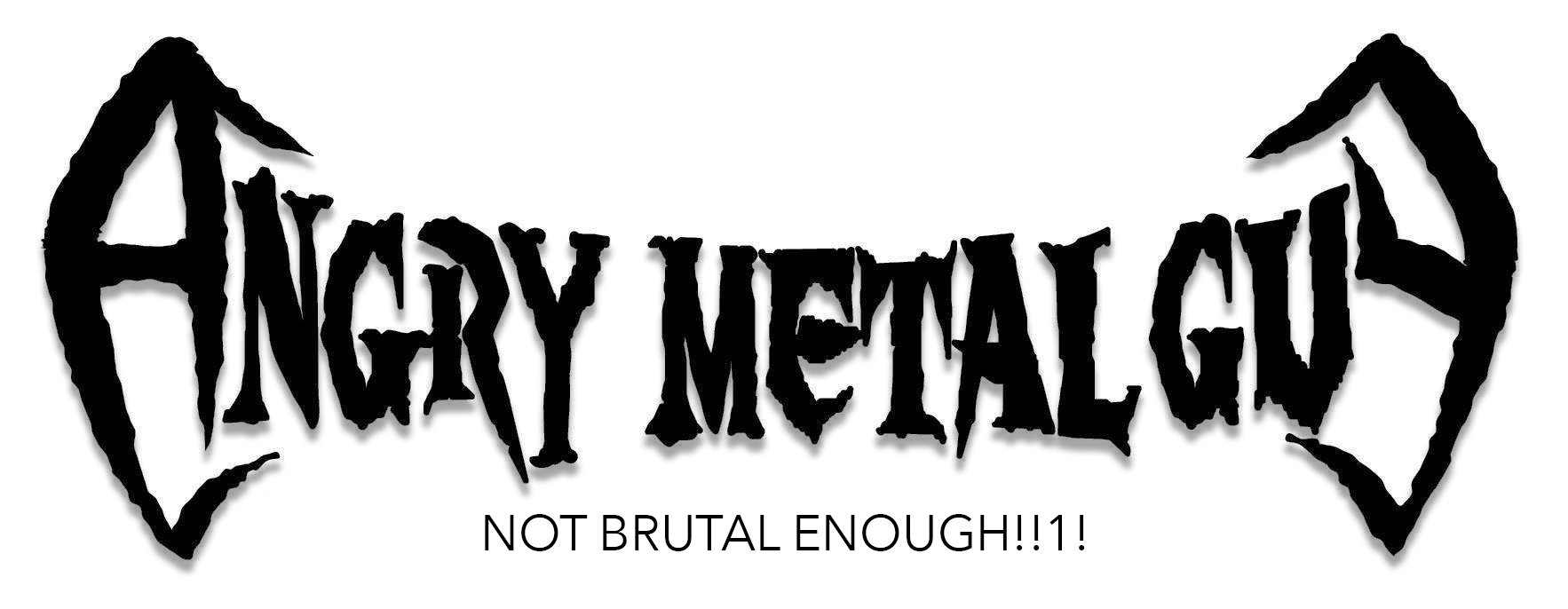 Neofolk and heavy metal differ in many ways, but their unparalleled emotional intensity and outsiderness link the ethos of the two genres inextricably. The advent of Wardruna heralded a cultural explosion of Nordic neofolk, and the thrums of Heilung, Forndom, and Gealdýr have long resonated with metalheads worldwide. Viking-age music is understandably popular in the metal community, but neofolk is larger than the Vikings. Portugal’s Thragedium lives within the uncanny trench of neofolk and metal and plays neofolk that couldn’t be further from the usual Viking vibrations popular with metalheads. Immediately apparent from the album cover of Lisboa Depois de Morta is a gut feeling that something is off, a feeling that persists as you wade through Thragedium’s unique take on neofolk and discover a forgotten subterranean world of ritual. Clearly, there is no safety here, and you will not be the same after Thragedium drags you down, down into the soil.
Neofolk and heavy metal differ in many ways, but their unparalleled emotional intensity and outsiderness link the ethos of the two genres inextricably. The advent of Wardruna heralded a cultural explosion of Nordic neofolk, and the thrums of Heilung, Forndom, and Gealdýr have long resonated with metalheads worldwide. Viking-age music is understandably popular in the metal community, but neofolk is larger than the Vikings. Portugal’s Thragedium lives within the uncanny trench of neofolk and metal and plays neofolk that couldn’t be further from the usual Viking vibrations popular with metalheads. Immediately apparent from the album cover of Lisboa Depois de Morta is a gut feeling that something is off, a feeling that persists as you wade through Thragedium’s unique take on neofolk and discover a forgotten subterranean world of ritual. Clearly, there is no safety here, and you will not be the same after Thragedium drags you down, down into the soil.
Though there are familiar musical elements in Lisboa Depois de Morta, mere labels like neofolk or metal feel too small. Empyrium is the most obvious comparison for Thragedium’s genre blend, but the music here is dirtier, as if rigor mortis has begun to set in. The death-doom riffs channel Draconian gloom (“Trimarkisia”) and sometimes, with help from the vocals, Rotting Christ blasphemy (“O Pacto,” “Nations Fall”), but they rarely feel like the focus. The true heartbeat of Lisboa Depois de Morta lives within the acoustic melodies, omnipresent and deceptively simple. This acoustic heartbeat grounds the music in neofolk and informs the heavier elements (“Desagregação,” “The Adorer,” “Pretérito Imperfeito”) rather than the other way around. The tried-and-true formula of heavy guitars played atop gentler folk guitars is hardly novel, yet the scope of the musicianship in Lisboa Depois de Morta is far greater than the sum of its parts.
What makes Lisboa Depois de Morta succeed is the sublime arrangement of the instruments. Folksy guitars, thundering drums, and guttural vocals radiate with surface-level appeal, but like worms beneath the dirt, there lurks a textured, atmospheric album of cavernous depth underneath. Distant sounds of a timbrel or other traditional percussion instruments (“The Adorer,” “Um Mal Necessário,” “Lucefécit”) give the music an expansive feel, a space that the vocals readily fill. The deep, earthen growls are layered atop subtle chants that can verge on the secular (“The Adorer,” “O Pacto”) or take on a darker pagan timbre (“Pretérito Imperfeito”). “Lucefécit” is the result of all of Lisboa Depois de Morta’s worlds colliding: elusive folk melodies lifted by sparse percussion and violently delivered incantations, summoning a tide of groovy death-doom riffs. Nothing in Lisboa Depois de Morta could survive on its own, and everything is part of the greater whole. The constellation of details creates an album of ritualistic mystery, and even when the music goes fully death-doom, carefully hidden woodwinds (“Trimarkisia”) or an eerie acoustic bridge (“Nations Fall”) keeps the neofolk heart beating strong.

Ambiance and imagery are critical to neofolk, and Lisboa Depois de Morta is a powerful emotive journey. No two songs are quite the same across the album. The mood morphs from shamanistic darkness (“Lucefécit”) to fury (“Nations Fall”) and then anguish (“Trimarkisia”), yet the music remains cohesive under an oppressive gloomy atmosphere. The title track’s somber piano and death rattle vocals mark the end of an epoch, and it seems that the journey’s destination is clear… before the thematic zenith arrives in “The Old Oak and the Mandrake Root.” The music audibly shifts into unprecedented optimism, as growing layers of uplifting melodies blossom into a genuine feeling of hope. This sunrise of a song shines light on the journey you took to get here, placing it all into context–the ways of eld now rest below, but we are still here. It’s not a short journey either; balk at the 68-minute runtime if you must, but the nature of neofolk’s impact lies in the strength of its atmosphere, which needs ample time to develop.
This is a challenging album that is well worth your time. Neofolk tends to rely more heavily on atmosphere than most genres, and the atmosphere of Lisboa Depois de Morta is indeed impeccable–but there are so many more layers to the music. Everything is intelligently performed and arranged to engage on a visceral level while also creating a deeper, sweeping ambiance. It may take a listen or two to unearth the buried majesty of this odyssey, but few albums deserve your time quite like Lisboa Depois de Morta.
Rating: 4.0/5.0
DR: 9 | Format Reviewed: 320 Kbps mp3
Label: Alma Mater Records
Website: facebook.com/thragedium.official
Releases Worldwide: October 31st, 2023

















